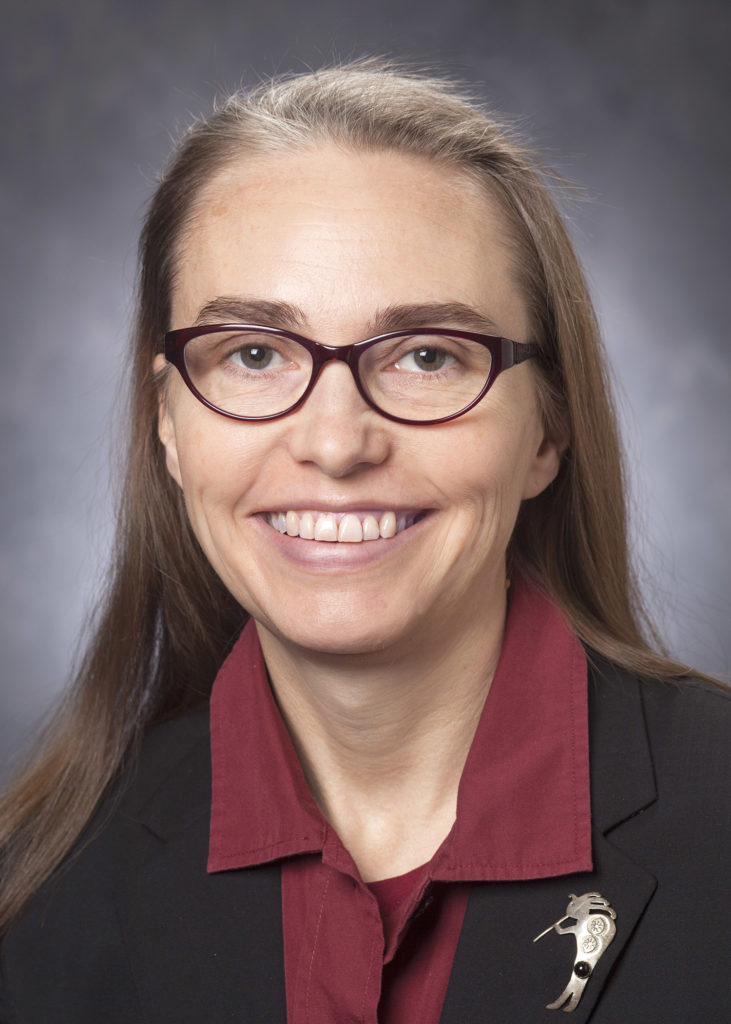Athens, Ga. – The White House Office of Science and Technology Policy’s May 13 event on microbiomes—communities of microorganisms that live on and in people, plants, soil, oceans and the atmosphere—featured presentations from four scientists including the University of Georgia’s Samantha Joye.
Microbiomes maintain the healthy function of ecosystems, influencing diverse features of the planet from human health to climate change and food security. During the event, the Obama administration announced steps to advance the understanding of microbiome behavior and enable the protection and restoration of healthy microbiomes across diverse ecosystems around the world.
Joye’s presentation reviewed some of her research team’s recent discoveries involving microbiome research in Earth’s oceans.
“Surprisingly little is known about the diversity and activity of microbial communities in these deep-water environments or how the habitat microbiology influences and interacts with the biology of larger animals like deep-water corals, mussels, clams and tubeworms, that inhabit these ecosystems,” said Joye, professor of marine sciences in the Franklin College of Arts and Sciences and the Georgia Athletic Association Professor of Arts and Sciences.
The 2016 cruises will provide an opportunity to characterize the distribution and activity of microbes using deep-sequencing technology to quantify interactions between microbes and their environment and to evaluate the biogeochemical context of microbial communities in extreme habitats.
“Documenting the microbiomes of deep-ocean extreme habitats will provide opportunities to discover novel organisms with unknown biotechnological potential and unique associations of organisms with distinct ecological and physiological characteristics that reflect the extreme conditions of these environments,” Joye said.
Joye was joined on the panel by Jessica Green, associate professor in the Institute of Ecology and Evolution at the University of Oregon; Tim Donohue, professor of bacteriology at the University of Wisconsin-Madison; and Marty Blaser, Muriel and George Singer Professor of Medicine at New York University.
